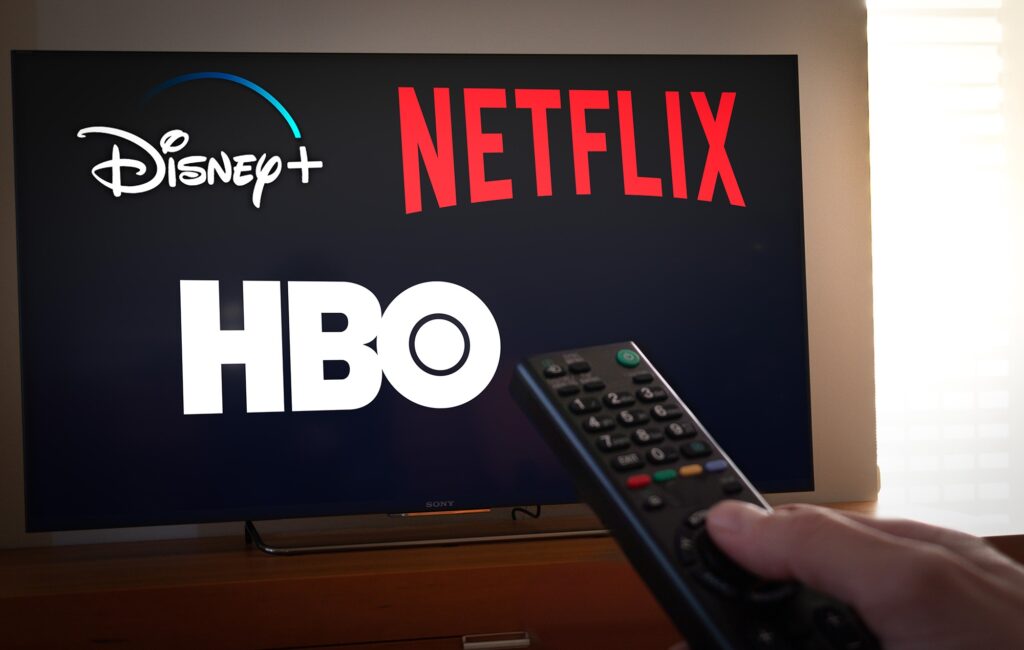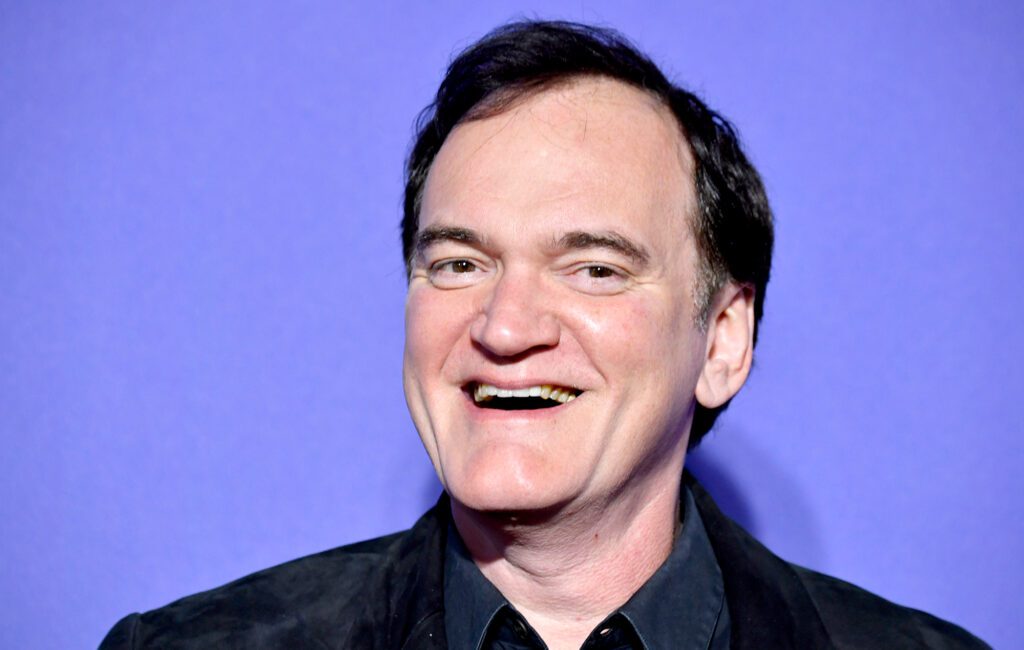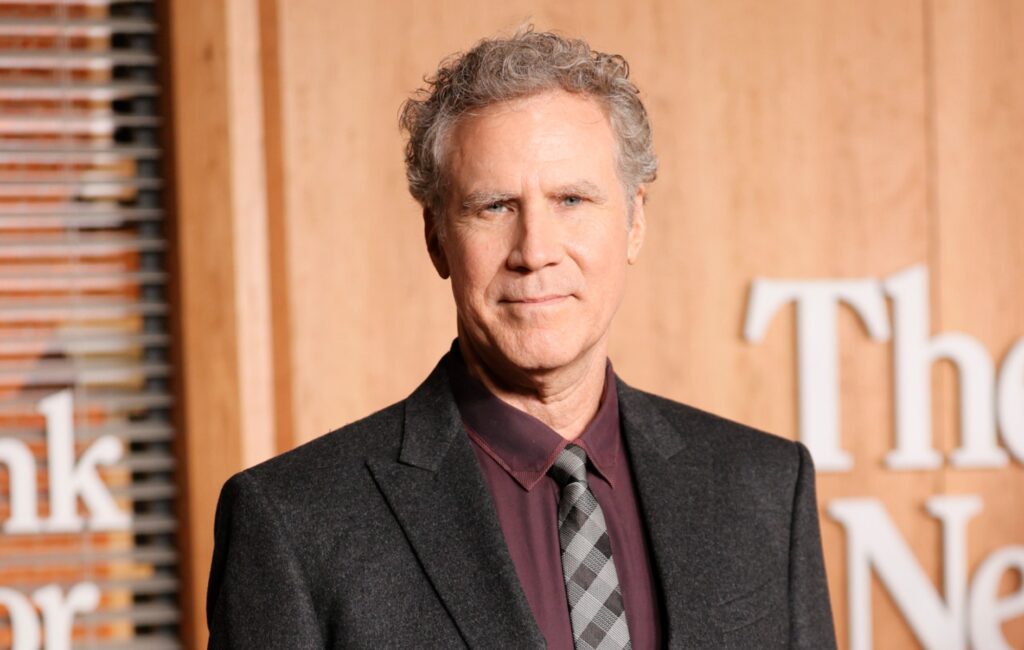Indie films could benefit from pandemic streaming increase, says industry group MP
 Posted On
Posted On
The pandemic has given new opportunities to independent and smaller films, says MP Dean Russell, head of the new All-Party Parliamentary Film and Production Industry Group which has been set up to lobby parliament to support UK companies as they recover.
Cinemas across the country have yet to open in 2021 due to government restrictions – and the UK box office shrunk 76 per cent in 2020. While many, including chains like Cineworld are planning to reopen their theatres from May 17, there are concerns movie fans won’t return in sufficient numbers. However, Russell, Conservative MP for Watford (which includes Leavesden Studios (where Star Wars and Mission Impossible: Fallout were filmed), says the future for indie and lower-budget titles could be brighter than first thought.
“At the moment, if you look at cinema in the last few years it’s been dominated by sci-fi and superhero movies,” Russell told NME. “[The growth of streaming in the pandemic] has opened up a conversation around new content… What does the industry look like in the future?

“A lot of [cinema] screens are used by big blockbuster movies. Is there scope for indie movies to be successful? I think there is, there must be.”
He added: “I hope that the diversity of cinema will come back stronger out of what has been an absolutely awful year. Netflix and Disney+ have enabled greater access to more types of content and I think people have been accessing a whole range of content because they’ve been sadly at home in lockdown. The optimistic side of me says that the awfulness of COVID… may cause different types of filmmaking, different types of innovation.”
As chair of the All-Party Parliamentary Film and Production Industry Group, formed in November, Russell has been pressuring the government to help large-scale productions get back to work in the UK. Upcoming Tom Cruise vehicle Mission: Impossible 7 had to stop filming at Leavesden Studios when the pandemic struck in February last year, but Russell was able to broker a meeting between Cruise (who is also a producer on the film), Culture Secretary Oliver Dowden and Prime Minister Boris Johnson. Subsequent negotiations resulted in certain film and TV productions being made exempt from quarantine restrictions if they met government requirements.

“Other countries could then point to the UK and say: ‘Look they’ve done it this way, they’ve got this very specific and robust quarantine system for the film industry which enables them to continue.’” said Russell. “Other countries around the world started to do that, so it meant a lot of films that might have been massively delayed were then able to continue, and people could go to work.”


